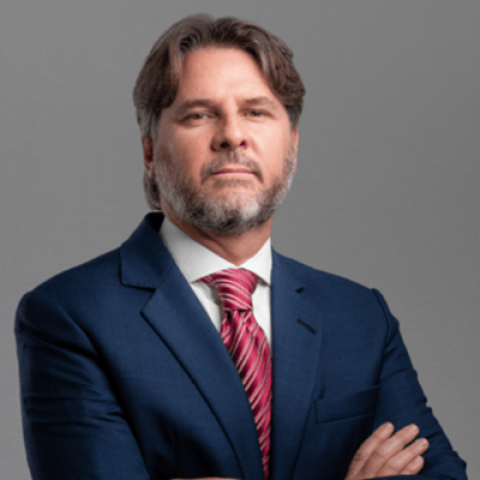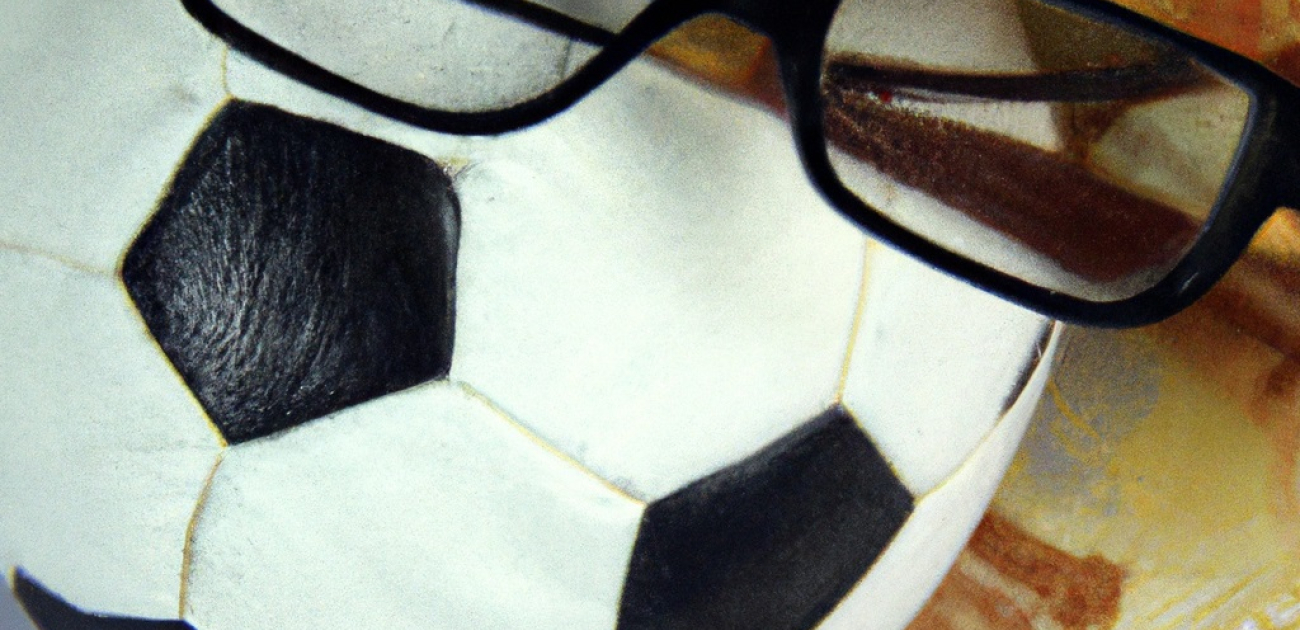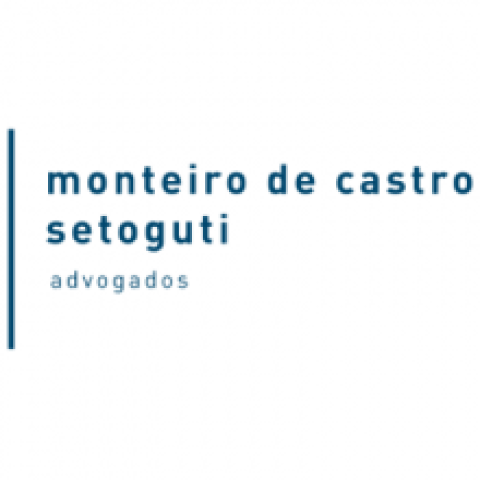The Foot-Debenture and New Access Routes to the Incentivized Capital Market for Investment in Sports Equipment
The recent Decree 11,498/23, of April 25, 2023, can make new and efficient financing mechanisms for football viable, and mitigates -even partially- a historic misunderstanding.
This is because Bill 5.516/19, which gave rise to the SAF Law, provided for the creation of the debenture-fut, a security intended to finance football activity. The debenture-fut resisted, in its entirety, the legislative process. The text was unanimously approved by the Federal Senate and by a large majority in the Chamber of Deputies.
Thus, the "income arising from the investment of funds in debenture-fut [would be subject] to the levy of income tax, exclusively at source, at the following rates: I - 0% (zero percent) when earned by natural person resident in the country; and II - 15% (fifteen percent) when earned by a legal entity or investment fund domiciled in the country, or by any investor resident or domiciled abroad (...)".
It was intended, with the debenture-fut, to create a market for issues and secondary negotiations, to stimulate the development of football in the country.
Despite passing through both legislative houses, the initiative was vetoed by the Presidency of the Republic. It was claimed, as a basis for the veto, that the tax structure of the debenture-fut would imply a supposed tax waiver, in view of the benefited tax regime. This, however, was unrealistic, as the budget had never included any provision for the collection of taxes levied on issues, in the capital market, of securities related to football. The collection perspective, by the way, was born precisely with the SAF Law.
A historic opportunity was lost there to encourage the emergence of legal relationships that, moreover, from a purely fiscal point of view, would foster economic activities and relationships, attracting the incidence of the tax rule and generating an effective increase, that is, in collection.
That perspective, despite being reformulated, returned to the agenda, with the publication of Decree 11,498/23.
Decree 11,498/23 amended decree 8,874, of October 11, 2016, which established, based on art. 2 of Law 12,431/11, priority sectors, subject to inclusion in the national infrastructure development project or intensive economic production in research, development and innovation. The sectors originally considered were: logistics and transport; urban mobility; energy; telecommunications; and broadcasting.
With the advent of Decree 11,498/23, the following new sectors were added: cultural and sports equipment; basic sanitation; irrigation; education; health; public security and prison system; urban parks and conservation units; social habitation; and urban regeneration.
The framework will subject income earned by individuals or legal entities residing in the country to the levy of income tax, exclusively at source, at the following rates: I - 0% (zero percent), when earned by individuals; and II - 15% (fifteen percent), when earned by a legal entity taxed on the basis of actual, presumed or arbitrated profit, or by a legal entity exempt or opting for the Unified Special Regime for Collection of Taxes and Contributions due by Micro-enterprises and Companies of Small Porte (SIMPLE).
Although the State insisted on not including sports (especially football) in the list of priority sectors, this treatment was recognized for sports equipment, consisting of spaces or constructions intended for the practice of sports. This concept includes stadiums, arenas, training centers and others with similar purposes.
The solution does not fully meet the needs for the development of soccer activity in the country, since, in many cases, certain (or several) teams, which will be organized through SAF, will demand more than resources for use in equipment sports equipment, financing for renegotiation and payment of expensive debts, squad improvement and other destinations not included in the concept of equipment.
Even so, the new regulation may enable relevant investments, with possible transformational and impactful effects, in entities that prove to be eligible.
It will be the case, to cite an example, of São Paulo, which may undertake the renovation of Morumbi - a topic that has been discussed in the press -, with resources from incentive funding.
Or Sport, whose project to revitalize its stadium is also often reported in the media. Or even Coritiba, currently involved in an SAF operation that includes, according to public information, robust investment in a stadium.
Important: the club, constituted in the form of an association, cannot issue incentive debentures for sports equipment, as art. 2 of Law 12,431/2011 links the issuance to the constitution of a special purpose company, organized in the form of a joint-stock company, which may be a SAF, pursuant to art. 1, paragraph 2 of the SAF Law, which admits the inclusion, in the corporate purpose, of the following activity: economic exploitation of assets, including real estate, over which it holds rights.
Finally, Decree 11,498/23 could have corrected a historical mistake, with the recognition of the relevance and priority of sport and football for the social and economic development of the Nation; he didn't and it's no use, now, to complain about the empty part of the glass.
Well, yes, part of it is full and, based on that, teams and investors will be able to structure projects that enable cheaper funding and its use in sports equipment - which, like what happened with the construction of the Palmeiras arena, could mark the beginning of new eras in their histories.
Do you want more information?
 Rodrigo Monteiro de Castro
Rodrigo Monteiro de CastroRodrigo Monteiro de Castro is specialized in corporate and business laws, corporate transactions (M&A), capital markets and contracts.

